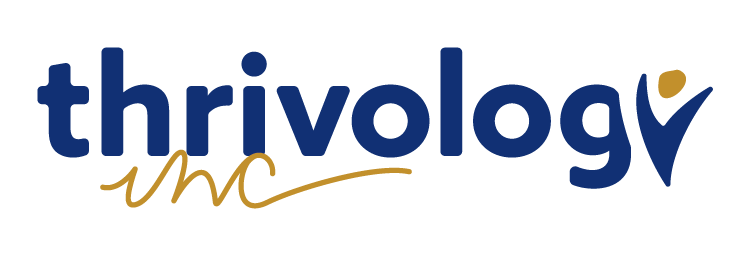
I have had many people sit on my couch and say, “I don’t know who I am.” Sometimes I actually ask the question, “Who are you?” to which I often get a shoulder shrug. These are statements about a lack of identity.
Whether someone is 16 or 60, identity is foundational to the growth and development of any person. Many people grow up in situations or with circumstances that did not allow for or altered their identity development. So they may not know whether their identity is fully formed or normal or whatever.
What Identity Is and Isn’t
Your identity is not your name, that’s a label. It is not what you do for a job, that’s how you make money. It’s not your role, or your background, or your career, or your bank account, or your relationships.
Identity is a person’s self-concept, how you view yourself. This can include descriptors, values, awareness, opinions and beliefs, and how one fits in their family and the world.
Some people will argue that their purpose is their identity. Well, take a look at the cup below. It’s a cup. That’s what it is. Someone made it to be a certain thing to then do a certain thing. You could even say its maker gave it its identity. The cup’s purpose is to hold something, usually liquid. So, is the cup’s purpose its identity? No. Purpose comes from identity.

Identity Development
Psychoanalyst Erik Erikson spent his entire career studying the emotional development of people. His Eight Stages of Psychosocial Development is basic learning in psychology or social science degree programs, and of course counseling or therapy programs.
Erickson’s Stage 5 is about Identity vs. Confusion. If the person does not complete the task of figuring out who they are, then they fall into confusion. This takes place from the age of 12 to 18. However, western society pushes romantic relationships on growing children through media and entertainment before they are ready, to the point where they believe they are supposed to be in a relationship at younger ages. In Erikson’s Stages, that is Stage 6 and ages 19 to 40 years old.
Now, what happens to a 12 to 14 year old girl, who doesn’t fully know who she is yet, when her aunt or grandma asks if she has a boyfriend yet? The implied message is “you’re supposed to have a boyfriend.” So she promptly goes out and gets one.
But what is that relationship based on? Him. Her identity is now based on having a boyfriend and who that boyfriend is. And what happens when he dumps her (which he will)? She is once again without an identity and must go and get a new boyfriend to be someone again.
I’ve had everything from teenagers to 40+ year old women sit on my couch and verify this pattern many times over. All because of a lack of identity.
If relationships are based on both people knowing their identity, there is much more stability in the relationship. One of them is not in the position of needing the other to make them ok.
Issues From Identity
Since identity is a core issue, lacking one can contribute to many problems. Some of these problems are addictions, relationships, depression, anxiety, boundary issues, and insecurities. Significant negative events in a person’s life will certainly impact their identity. And traumatic events have an outsized impact and can last for decades.
These issues can be overcome, but it takes working with a mental health professional. Finding one’s identity can help sort out many things and give clarify to others. If you need help in this area, we would love to assist you. Give us a call today.
Related: The Purpose of Therapy
- Avoidance Behavior - April 23, 2024
- Stop Lying To Yourself - April 9, 2024
- Trauma: Two Significant Brain Changes - March 26, 2024
